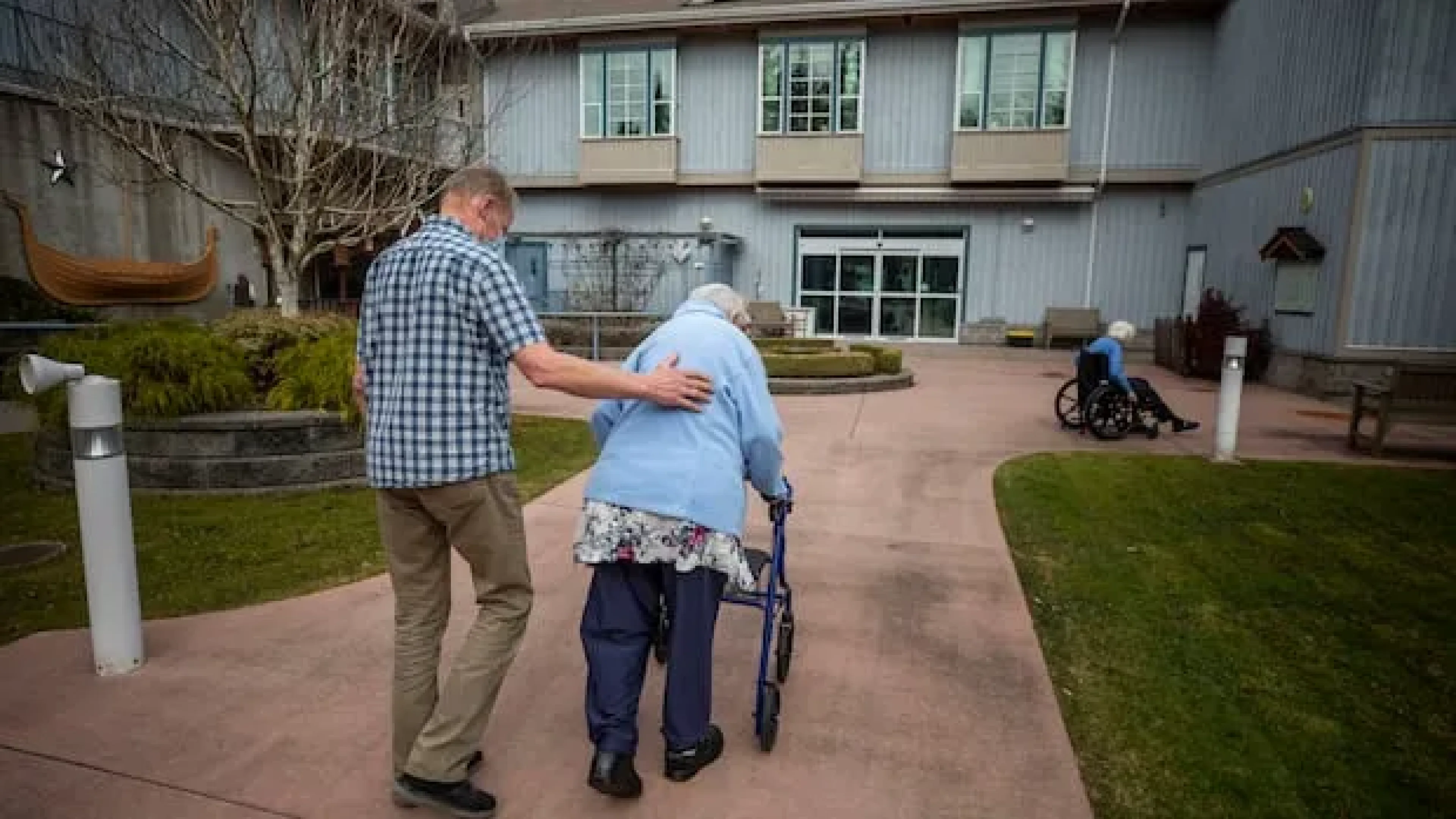You’re reading the web version of our email briefing on health policy, science and medical news. Sign up to get it next week.
Hi Healthwatchers,
A heavy week. ICE is targeting people through their medical records, as Alberta sets new COVID policy that would make RFK Jr. blush. This one will stick with you.
You may have already heard about Alberta’s plan to charge people for COVID shots, but there are some key details you might’ve missed.
This is what stuck out, for me:

The Trump regime gave ICE access to the personal health data of millions of immigrant Medicaid enrollees, including their names, addresses, social insurance numbers, and claims histories.
It’s viscerally clear what’s unfolding: Government medical records are being used to target people for mass-deportation.
It’s a stunning example of how interoperability can be weaponized when there are no guardrails (with teeth) around inter-agency use and misuse of medical data. The order overrode legal objections from staff, who were given less than an hour to comply.
What else is happening: The FDA will now fast-track drug approvals. For companies “aligned with U.S. national priorities.”
The new program lets hand-picked pharma players skip the 10-month approvals line and receive decisions in as little as one month. It hands sweeping discretion to regulators and lowers scientific standards, despite RFK Jr.’s pledge to restore “gold-standard science.” Meanwhile, randomized trials could soon become optional for drugs with rare disease indications.
This, too: Following a Trump executive order, VA hospitals have removed protections against discrimination based on politics, marital status, and union activity. This makes it possible for medical staff to deny care (or jobs) to people based on partisan affiliation and other, formerly protected, characteristics.
Predictably, significant numbers of U.S. physicians, scientists and other health workers are mulling a move to Canada. But we’re not always making it easy for them.

Nearly half of Canadian men die before age 75, often from preventable causes including accidents, cancer, suicide, overdose, and heart disease.
Why it's important: The stigma of sickness and low health-literacy are shortening the male lifespan, says a new Movember report.
Only about half of men surveyed said they feel actively listened to during a first interaction with a healthcare provider, meaning they’re far less likely to stay engaged in care. Canada does not have a national men’s health strategy, yet.
Read more…

A new bill will remove online access to inspection reports from Ontario long-term care homes after a three year publication period.
Why it's important: The change will shield homes with repeated violations and hinder patients, families, and plaintiffs from accessing safety information.
The government says older reports will still be available on request. But experts doubt access will be timely. From 2020 to 2022, more than 4,300 people died in Ontario long-term care homes. Under the new bill, records of this will be memory-holed by 2026.
Read more…

Starting this fall, most Albertans will have to pay to be vaccinated for the novel coronavirus. Only those deemed “high risk” will be eligible for a publicly funded shot.
It’s the first time a province has removed COVID from the roster of free, universal vaccines. NACI and PHAC both recommend routine COVID vaccination for all adults 65+, health workers, and pregnant women. None are covered under the new plan.
Condemnations have flowed freely from major provincial health groups as well as infectious disease physicians.
Critics reject Premier Smith’s claim that this is simply to manage waste and save money. They say it will, however, satisfy her anti-vax base (and MAHA-affiliated allies).
Pharmacies will also be de-tasked with giving out the shots, significantly decreasing the public’s access to them.
Health Canada won’t challenge Alberta’s plan, and said in a statement the province is acting within its jurisdictional authority. A passive federal stance, suggests former OMA head Shawn Whatley, paves the way for other provinces to follow suit.
On her radio show, Smith rationalized the move in-part by saying COVID vaccines don’t “work particularly well.”
Here’s what the science says: Pediatric Long COVID is common and serious. JAMA Pediatrics estimates it affects up to one fifth of infected kids. It’s more common than asthma.
Infants are the highest-risk pediatric group. Contrary to popular belief, catching the virus doesn’t make their naïve immune systems stronger. It makes them weaker.
Under Alberta’s new policy, children as young as six months will be ineligible for vaccines.
COVID has been strongly linked to new-onset pediatric diabetes and persistent IQ drops in children — even after mild infections.
Vaccines don’t nullify all of these possible harms. They just reduce their risk dramatically, especially when the latest dose was given recently. But as new-variant season gets underway, Albertans who like science can expect to cough up $110 per shot to protect themselves and their kids.
Read more…
That’s all for this week, Healthwatchers.
We covered a lot. It is just me, or were the opener and the closer both extra good this week?
Nick Tsergas, Editor
Canada Healthwatch
[email protected] | canadahealthwatch.ca
Stay informed.
On the most important developments in Canadian health.
Get Canada’s essential briefing on health policy, science, and system change. Get Briefing